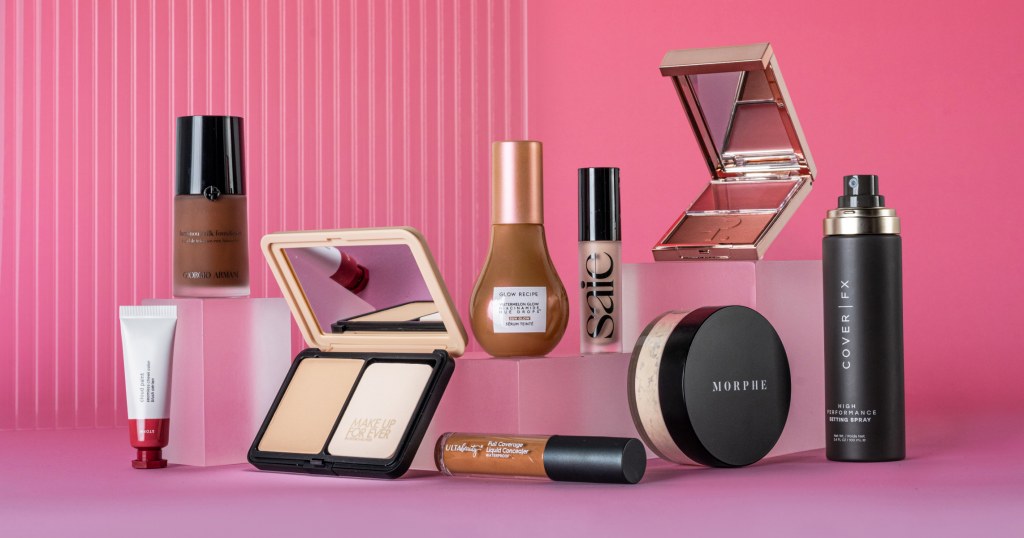Aixuze Insights
Explore the latest trends and insights on diverse topics.
Makeup Myths Busted: Fact or Fiction
Uncover the truth in Makeup Myths Busted! Discover what’s fact and what’s fiction in the world of beauty. Click to learn more!
Is it true that expensive makeup is always better?
When it comes to makeup, the question of whether expensive makeup is always better is a contentious topic among beauty enthusiasts. While high-end brands often boast superior packaging, exclusivity, and extensive marketing, the perception of quality can be subjective. Many individuals report that drugstore products deliver comparable results at a fraction of the price, and it's essential to consider factors like skin type, personal preferences, and makeup application techniques. In fact, some affordable brands have gained popularity for their high-performance formulas, making it clear that price does not always equate to quality.
Furthermore, it's crucial to recognize that expensive makeup can sometimes fall short of expectations. A price tag doesn't guarantee a product will work well for everyone, and ingredients may not always justify the cost. Conducting thorough research, reading reviews, and experimenting with various products—both high-end and budget-friendly—can help consumers make informed decisions. Ultimately, the belief that expensive makeup is always better is a myth; the best products for you will depend on your unique needs and preferences, regardless of their price.

Can you really train your skin to be less oily with makeup?
Many individuals struggle with oily skin and often wonder if incorporating makeup can help manage its appearance. The concept of training your skin to be less oily with makeup might seem intriguing, but it's essential to understand that makeup alone cannot change your skin's natural oil production. However, certain products can help minimize the visibility of excess oil and create a matte finish. For example, using a mattifying primer before applying foundation can act as a barrier, helping to control shine throughout the day. Additionally, opting for oil-free or non-comedogenic makeup can further assist in keeping your skin looking fresh and less greasy.
Furthermore, while makeup can temporarily manage the appearance of oiliness, it is vital to adopt a comprehensive skincare routine to address the root cause of oily skin. This may include using gentle cleansers, exfoliating regularly to remove dead skin cells, and incorporating products with ingredients like salicylic acid or niacinamide to help regulate oil production. By being mindful of both your makeup choices and your overall skincare, you can achieve better results in managing oily skin over time and create a balanced look that lasts throughout the day.
Do makeup expiration dates really matter?
Many makeup users often overlook the importance of expiration dates, assuming that their beloved products are safe to use indefinitely. However, the reality is that makeup can harbor bacteria and degrade in quality over time, which can lead to skin irritation or infection. Certain ingredients in cosmetics, such as oils and pigments, can also change in consistency, scent, and effectiveness when expired. Therefore, understanding makeup expiration dates is crucial for maintaining your skin's health and ensuring the best results from your products.
Generally, there are guidelines for how long different types of makeup can be safely used after opening. For example, liquid foundations typically last around 6-12 months, while powder products can last up to two years. Additionally, it is important to inspect your makeup for signs of spoilage, such as changes in texture, odor, or color. To ensure you're using safe and effective products, it's wise to periodically declutter your makeup collection, discarding anything that is past its expiration date or showing signs of wear.